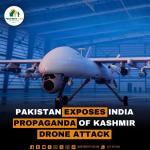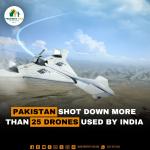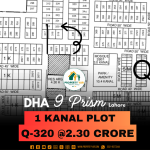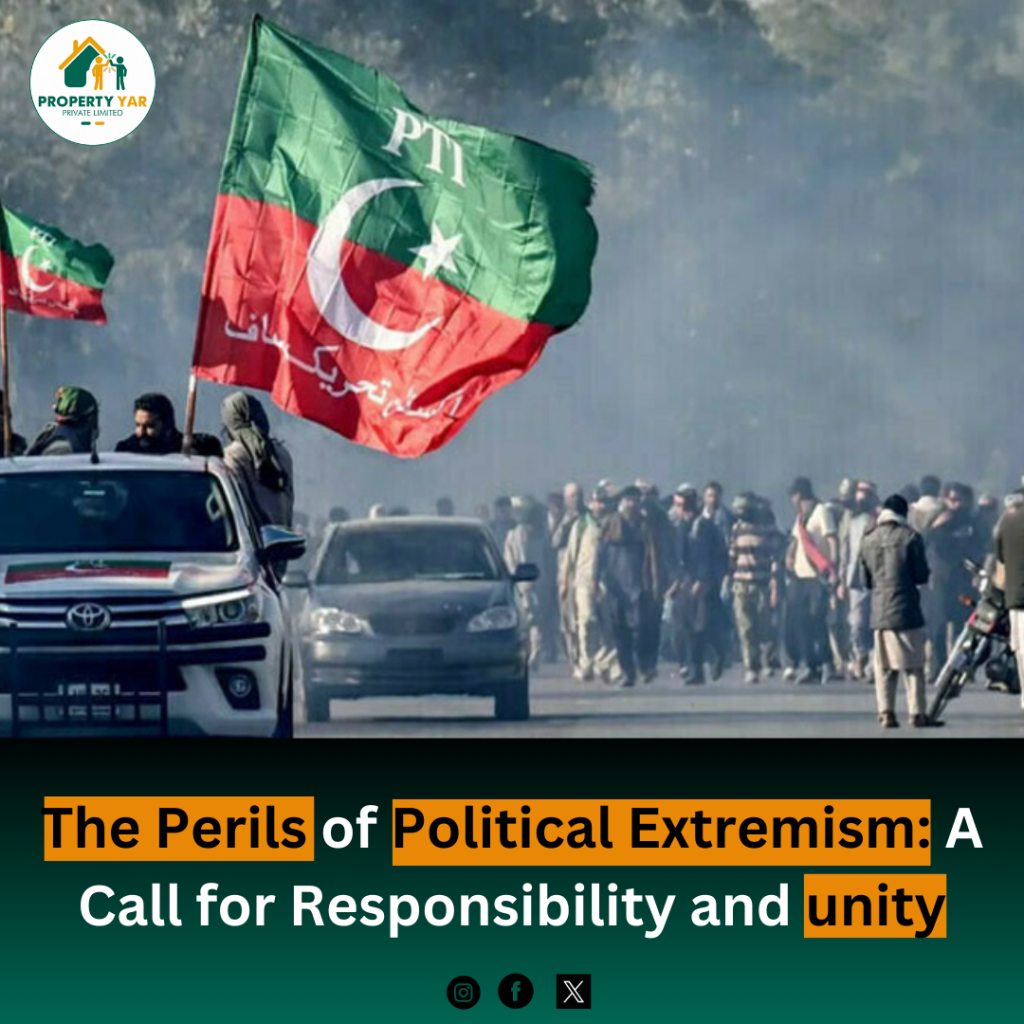
The perils of political extremism: A call for responsibility and unity
Introduction
Since the departure of former Prime Minister Imran Khan in April 2022, Pakistan has been grappling with a highly fragmented and polarized society. The nation has struggled to mend its social cohesion, resulting in significant public discontent and unrest, akin to the situations witnessed in Sri Lanka, Bangladesh, and more recently, Syria. Historically, Pakistan has exhibited a lack of political discipline, often seeking immediate transformations that are unrealistic. The youth of Pakistan initially found hope in Imran Khan's leadership; however, their aspirations were dashed when he was removed from office through a vote of no confidence. Since that pivotal moment, the political landscape has become a battleground between the government and the Pakistan Tehreek-e-Insaf (PTI) party.
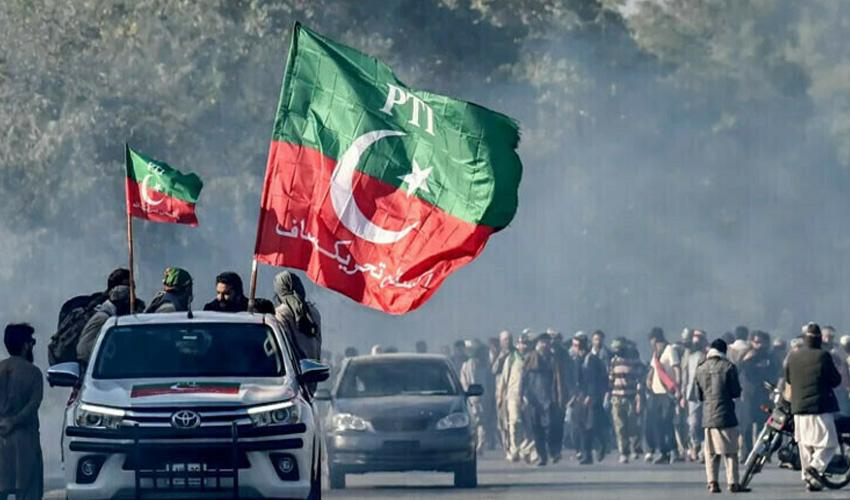
PTI Non Stop Protest Calls
It is essential to uphold the PTI's entitlement to demonstrate, a fundamental democratic right, while also ensuring adherence to legal standards. The sit-in organized by the party in D-Chowk, Islamabad, significantly affected the rights of other residents. Furthermore, the government ought to permit the PTI to conduct a protest to ascertain whether they are adhering to the laws they criticize and assume are being violated. This situation has the potential to result in the disruption of the entire nation, particularly in Islamabad, which has come to be known as Container City. Both parties must comply with legal regulations; the government cannot infringe upon PTI's right to protest, while PTI must refrain from obstructing roadways, organizing marches, or engaging in hate speech. Upholding the law will facilitate a more favorable resolution for both sides.
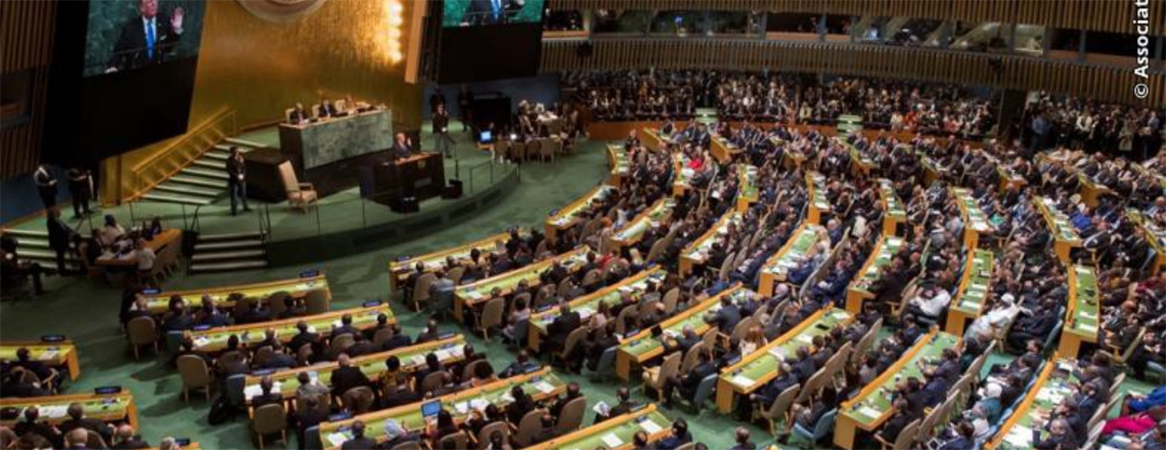
Unity Should be the First Priority
The unity of the nation serves as a fundamental support that binds the country together in pursuit of national objectives and in the face of threats. Unfortunately, since 2022, both government allies and the state have positioned themselves against the Pakistan Tehreek-e-Insaf (PTI), resulting in a significant division that was previously absent. Furthermore, the populace has shifted its focus away from pressing national issues, engaging instead in internal conflicts. The government has resorted to raids, filing First Information Reports (FIRs), and initiating lawsuits against PTI activists and pro-PTI media personnel, believing these measures will rectify the situation and enhance their standing. However, these actions have had the contrary effect, fostering increased animosity among the citizens.
Dialog is the Key
It appears that PTI has failed to draw lessons from previous experiences, opting instead for an extreme strategy that they have branded as the last call, final card, and similar terms to create a particular narrative. Their discourse is increasingly polarizing, particularly within provincial assemblies, transforming political differences into outright confrontations. This trajectory threatens to undermine the very democratic values they claim to uphold. What was once a promising political movement is now jeopardizing its integrity by embracing a confrontational narrative that approaches anti-state sentiments. The government must also bear responsibility for allowing matters to devolve into chaos on the streets. Numerous leaders within the PTI are advocating for dialogue; however, the government's approach appears to be insincere, suggesting a deliberate intention to keep the PTI engaged in street protests.
Conclusion
If the current situation persists, it is likely that there will be no definitive victor; rather, the true beneficiaries will be the citizens of Pakistan and those who cherish this nation. It is essential to avoid any form of instability, economic crisis, or systemic collapse akin to the situations experienced in Iraq or Syria. The government bears a greater responsibility due to its position of authority, as it possesses state support and is obligated to address the concerns raised by the Pakistan Tehreek-e-Insaf (PTI). Conversely, PTI must also demonstrate maturity in its actions and claims. A viable solution would be the establishment of a comprehensive dialogue committee comprising leaders from all institutions, along with heads of political parties, to forge a consensus. It is imperative that any agreements reached within this committee are adhered to diligently.


